Common Interview Questions… And How To Answer Them
Interviews can be exciting as you are the first step towards an new job, and daunting too. This is because of the series of unknown questions that will be asked in the course of the interview. So we at Positive Pathways have come together and discussed the common interview questions that interviewers will ask. But more importantly, how to answer them.
Before going to the interview, you should be thinking about implementing the 5 P’s principle.
Proper Planning Prevents Poor Performance
What does that mean? Have you ever attended a play, a concert or school performance of any kind? What you see on the stage, does not happen just there and then in that moment. Everything has been rehearsed, repeated, reviewed and repeated again and again. Repetition and practice until it is as a smooth and polished performance as best as can be expected. Even though little mistakes, like hitting the wrong note happen, they would roll with it as a professional.
We will be covering examples of S.W.O.T and S.T.A.R in future posts.
So on to the popular or most common interview questions.
Tell Us About Yourself

This is a deliberately open to interpretation and one which could be quite broad. What your potential employer is looking for lies within how you answer the question. They are not looking for you life story, but rather your relevant professional attributes in detail.
This is about selling yourself at each question. Talk about your current or previous role and provide some background details as to how you your professional journey led you to where you are now. Then after, speak a little about why you want this job, and how you see yourself as being a good fit for the role you are being interviewed for.
Tip: Your answer keeping on point and as short as possible. This common interview question is probably one of the most asked, and even among the first asked.
Why are you looking for a new job?
Whilst the temptation may be there to have a rant about your current employer. A single word of advice. Don’t.
In a nutshell, do not mention anything negative about your previous employer. You may be looking for new challenges, location or even better career advancement opportunities. Let the interviewer know why you are looking for a new job and include your own reasons.
Focus on the positive reasons for getting a new job. mention the opportunities your potential new employer may have to offer. This can also show that you where paying attention to what was said by the interviewer. Furthermore, it gives you chance to showcase some of your research into the company and incorporate why you want to work there.
A potential new hire will be often asked a lot of these common interview questions to potentially understand the reasoning behind them wanting this job.
Tip: This common interview question often pops up either in the interview, or even in the reception area.
Why are you interested in working for us?
In your interview, you should be aligning your interests with those of the company and their goals. To answer fully, make your reply company specific. You can research and review the companies values, ethos or mission statements online and think about how these mirror your own personal ones.
Tip: Research into what the companies goals are and how you align with them.
Where do you see yourself in five years? Ten years?
Ambition, drive and practicality are needed in the answer to this question and is what your prospective employer uses to establish if you see a future with the company; and if your goals are something that the company can help you meet.
Interviews are a two way street. You are interviewing them, just as much as they are interviewing you to see if both parties are suited to each other.
In an entry level interview, you may see yourself managing a small team in five years, and perhaps in ten years, you may see yourself as being a department head as an example.
Tip: Be ambitious and realistic when answering
What are your strengths? Your weaknesses?
This is a common interview question fielded at an interview. You should already be thinking about tailoring your answer to the job description. Give examples which cover both personal and professional strengths and talk about hard and soft skills.
Be specific in your answers whilst avoiding the common trap of using cliches. When discussing your weaknesses, focus on how you think working for the company will help you turn a weakness to a strength. Using examples from your S.W.O.T analysis will help you answer this
The interviewers are looking for employees who are both self aware, and willing to improve or progress. Think of a weakness that is workable, that you can change, and outline or even detail the steps you are taking to overcome this.
Naturally, do not choose a weakness that would put you at a disadvantage for the role you are applying for. An example could be when if you have applied to work in a bank. Perhaps you you mentioned you are bad at handling money. That would not go in your favour. So by keeping the weakness to something workable, and keep you in a positive light with the prospective employer, will help in the overall outcome of the interview.
Tip: Keep your weaknesses to a minimum and emphasise your strengths
Wrapping up

Firstly, you should be practising your answers before you even arrive at the actual interview. Rehearse your responses in a mirror or with a friend. This technique will help you to get the right words out at the right time. It will not matter if the interviewer does not ask all of these common interview questions. What matters is the practice you have put in will show in your delivery of your answers to the actual questions asked. For example, what you have rehearsed and prepared will be able to be used in other answers.
Remember: Proper Planning Prevents Poor Performance
